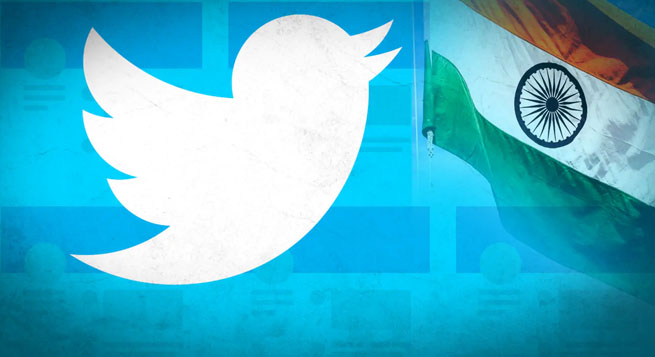Twitter has said it will add labels to identify more government leaders and associated institutions from the next week to provide people with context to what they see and have a “more informed experience” on the microblogging platform.
According to PTI, Twitter said the roll-out will begin in Canada, Cuba, Ecuador, Egypt, Germany, Honduras, Indonesia, Iran, Italy, Japan, Saudi Arabia, Serbia, Spain, Thailand, Turkey, and the United Arab Emirates from February 17. India, however, was not part of the list.
In August last year, Twitter had expanded account labels to two additional categories the accounts of key government officials and those belonging to state-affiliated media entities. This also included accounts from countries represented in the five permanent members of the UN Security Council (China, France, Russia, the UK, and the US).
“After receiving feedback on this initial action from a range of stakeholders including civil society, academia, and those who use our service on Wednesday, February 17, we will expand these labels to accounts from Group of Seven (G7) countries, and to a majority of countries that Twitter has attributed state-linked information operations to,” the PTI report said quoting from a Twitter blogpost on Thursday.
It added that these labels will also be applied to the personal accounts of heads of state for these countries.
“The immediate next phase will be to apply these labels to state-affiliated media entities of these phase two countries. Beyond this, we will continue expanding labels to additional countries over time and look forward to providing additional updates as those plans take shape,” it said.
Twitter has been facing flak over the past few weeks in India for accounts and posts with provocative content and misinformation around farmers’ protest. The Indian government had issued a stern warning to the microblogging platform to comply with local laws or be prepared for action.
In its latest blogpost, Twitter said labels will be added to verified accounts of key government officials, including foreign ministers, institutional entities, ambassadors, official spokespeople, and key diplomatic leaders. The focus being senior officials and entities “who are the official voice of the state abroad”, it added.
“We’re also updating the label text to add more specificity to the government account labels by differentiating between individuals and institutions, and expanding labels to the personal accounts of heads of state to give people on Twitter additional context,” it added.
Twitter said as the next phase of this project, it will work to apply additional labels on state-affiliated media accounts over the next several months, taking an iterative approach to ensure it captures all relevant accounts.
 Govt. not considering rules for use of AI in filmmaking: Murugan
Govt. not considering rules for use of AI in filmmaking: Murugan 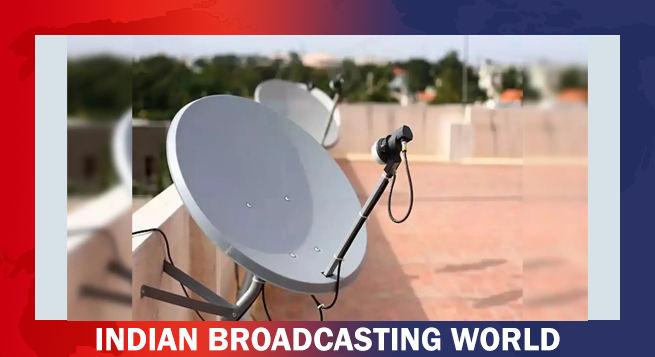 DTH revenue slide to ease to 3–4% this fiscal year: Report
DTH revenue slide to ease to 3–4% this fiscal year: Report 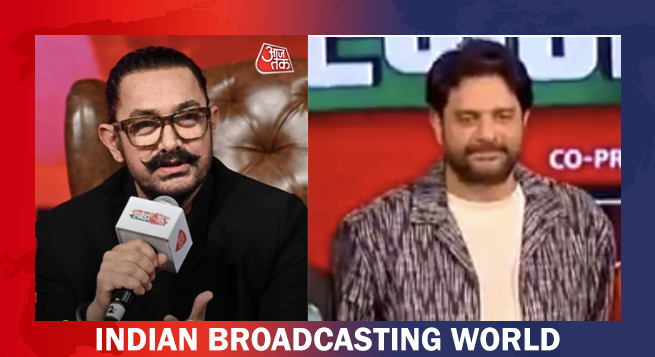 At Agenda Aaj Tak, Aamir, Jaideep Ahlawat dwell on acting, Dharam
At Agenda Aaj Tak, Aamir, Jaideep Ahlawat dwell on acting, Dharam 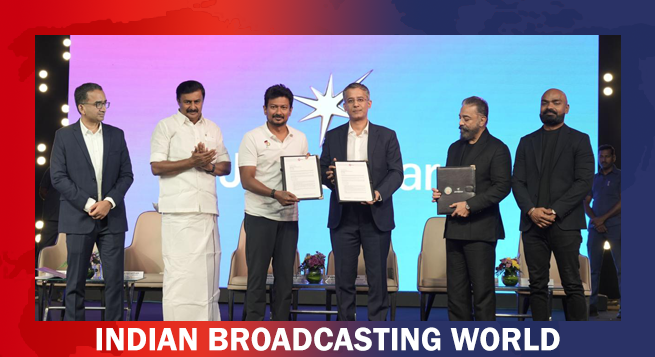 JioHotstar to invest $444mn over 5 years in South Indian content
JioHotstar to invest $444mn over 5 years in South Indian content 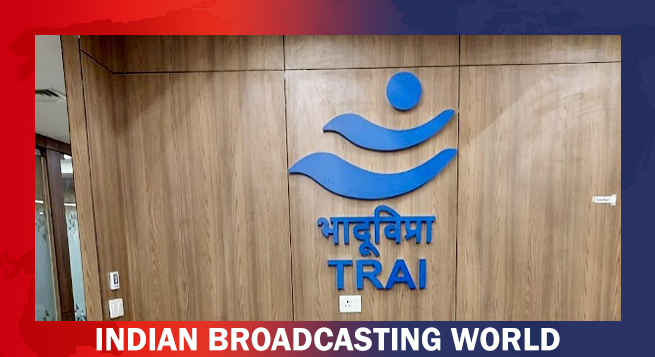 Standing firm, TRAI rejects DoT views on satcom spectrum fee
Standing firm, TRAI rejects DoT views on satcom spectrum fee 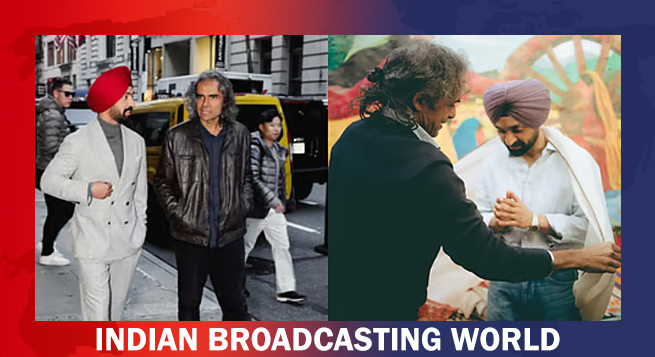 Diljit Dosanjh wraps shoot for untitled Imtiaz Ali film
Diljit Dosanjh wraps shoot for untitled Imtiaz Ali film  ‘Bhabiji Ghar Par Hai 2.0’ to return with comedy, chaos, a supernatural twist
‘Bhabiji Ghar Par Hai 2.0’ to return with comedy, chaos, a supernatural twist 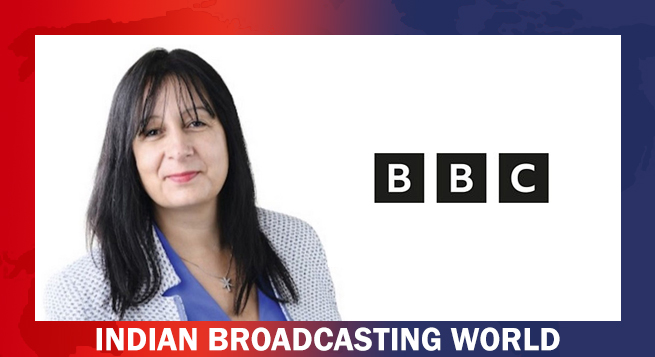 BBC names Bérangère Michel as new Group CFO
BBC names Bérangère Michel as new Group CFO  ‘Border 2’ teaser to be unveiled on Vijay Diwas
‘Border 2’ teaser to be unveiled on Vijay Diwas 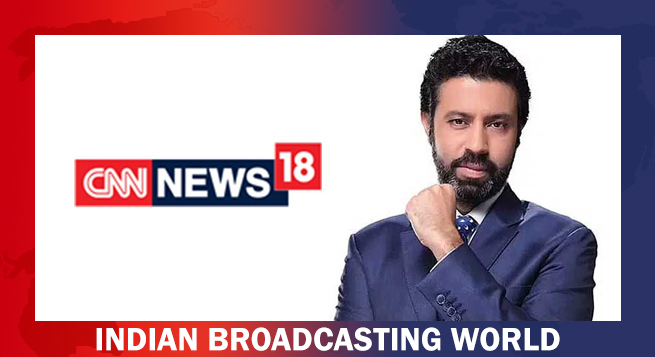 CNN-News18 Rahul Shivshankar takes editorial charge
CNN-News18 Rahul Shivshankar takes editorial charge 



